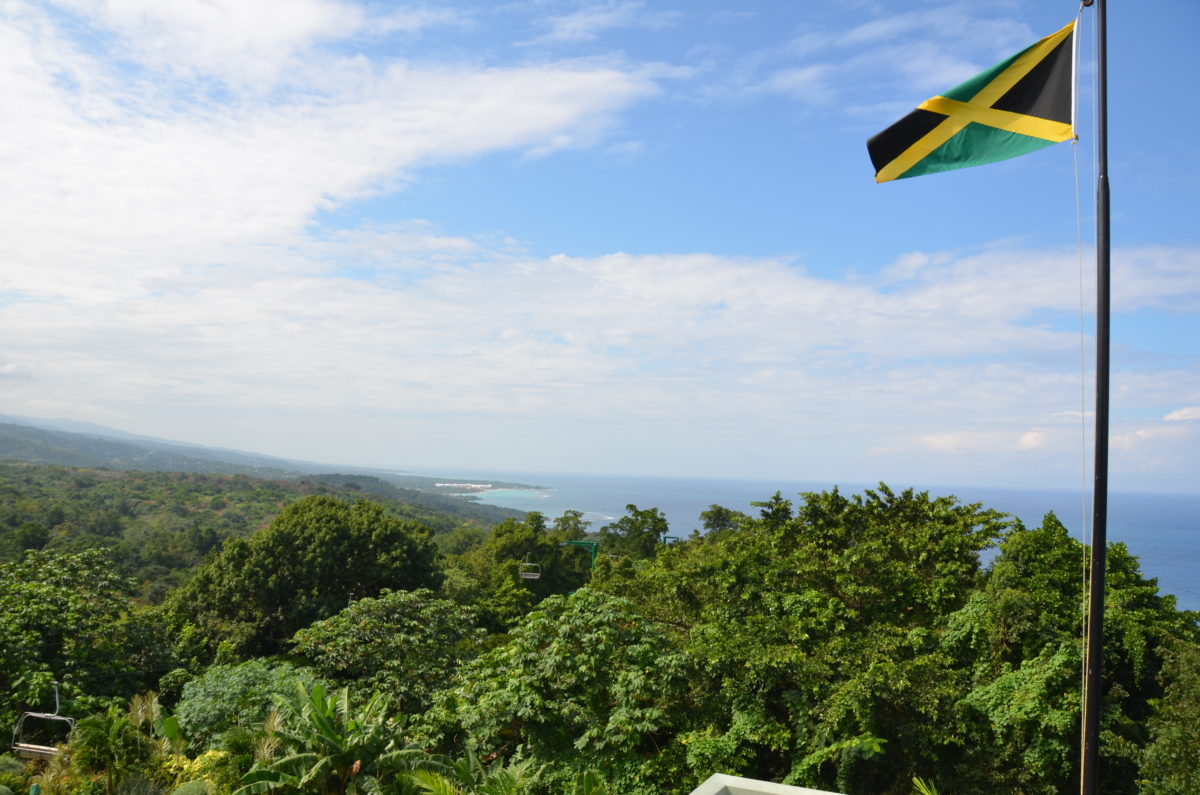Daryl Vaz, Jamaica’s Minister of Economic Growth and Job Creation, announced that the government is targeting more than JM$ 38 billion ($300 million) in investments from additional renewable energy projects.
The minister stated that Jamaica’s energy system still heavily depends on oil, “while it has become clear that the world is transitioning to a low-emission economy.”
Vaz added that more renewable energy projects are being pursued, without providing further details. The minister, however, said he has engaged a financial advisor to support the development of a comprehensive program and portfolio of projects consistent with the investment priorities of the Green Climate Fund, which is a fund within the framework of the UNFCCC aimed at assisting developing countries in adaptation and mitigation practices to counter climate change.
“We have embarked on a process that will see twelve sector strategies and action plans completed in short order. In their implementation, we will ensure that resilience is built in our systems to support the movement towards a green economy. We are cementing our gains to create a prosperous future for all Jamaicans,” Vaz said.
Jamaica has so far seen limited development of solar energy, although a few large-scale PV projects were completed or are in the process of being implemented, and the government has recently improved net metering for PV installations up to 100 kW.
The country’s first operational MW-sized PV plant is a 1.6 MW PV rooftop array installed by Sofos Jamaica in 2014. The installation is selling its excess power to the Jamaica Public Service Company (JPS) utility as part of an ongoing PPA. The first large-scale PV plant was commissioned in February by Global Energy Services (GES), a Spain-based developer of renewable energy projects. The 28 MW facility is Jamaica’s largest PV installation, but that record will tumble soon with the completion of a 33.1 MW solar PV project planned for the island’s Westmoreland Parish by renewable energy developer Eight Rivers Energy Company and French independent power producer Neoen.
As for the net metering scheme, the so-called Net Billing, Electric Power Wheeling and Auxiliary Connections Grid-Interconnection Programme, the country’s Ministry of Science, Technology, Energy and Mining announced at the end of 2016 it has taken over the licensing process, and that local power regulator Office of Utilities Regulations would no longer be accepting applications for net billing and auxiliary connections as of January 1, 2017. This move, the government said, was intended to improve the licensing procedures, and to give a further boost to the scheme, which as of the end of 2015 had provided quite disappointing results.
According to the ministry, only 1.4 MW of PV systems were connected to the grid under the scheme as of the end of December 2015, although it had planned to reach 12 MW when net metering was launched in May 2012. At the end of 2015, the ministry added, there were 336 applications, 298 licences issued, and only 120 systems were connected to the utility grid. The scheme, which is open to rooftop residential and commercial PV projects up to 100 kW, was closed by the Jamaican government in May 2015. In January 2015, however, the government had engaged the United States Agency for International Development (USAID) and the U.S. National Renewable Energy Laboratory (NREL) to conduct a study of the Net Billing Pilot Programme. The study showed that main barriers for the development of solar net metering in Jamaica were: complexity, length of time to interconnect, and the opaque nature of the interconnection process; lack of clear interconnection, equipment, inspection and installer standards and codes; lack of clarity about what happens at the end of the 5-year net billing period; and concerns about the system size caps of 10 kW for residential and 100 kW commercial.
After reviewing the study, the Jamaican government defined a new Net Billing Programme which included several recommendations from USAID and NREL, including providing a separate mechanism for non-net billing connections to the electricity grid. NREL also said, among other things, that size caps must be changed, and that clear goals for both net billing and distributed generation in the context of the country’s larger renewable energy goals had to be set. On August 27, 2015, the government issued the Electricity Act, 2015 establishing the new legal framework for net metering. The Office of Utilities Regulations began accepting applications again on Apr. 11, 2016. Last year, several more projects were licensed, although none of them, according to the ministry, is currently online.
Jamaica’s national renewable energy policy aims at covering up to 20% of its energy demand with clean energy sources by 2030.
This content is protected by copyright and may not be reused. If you want to cooperate with us and would like to reuse some of our content, please contact: editors@pv-magazine.com.




1 comment
By submitting this form you agree to pv magazine using your data for the purposes of publishing your comment.
Your personal data will only be disclosed or otherwise transmitted to third parties for the purposes of spam filtering or if this is necessary for technical maintenance of the website. Any other transfer to third parties will not take place unless this is justified on the basis of applicable data protection regulations or if pv magazine is legally obliged to do so.
You may revoke this consent at any time with effect for the future, in which case your personal data will be deleted immediately. Otherwise, your data will be deleted if pv magazine has processed your request or the purpose of data storage is fulfilled.
Further information on data privacy can be found in our Data Protection Policy.